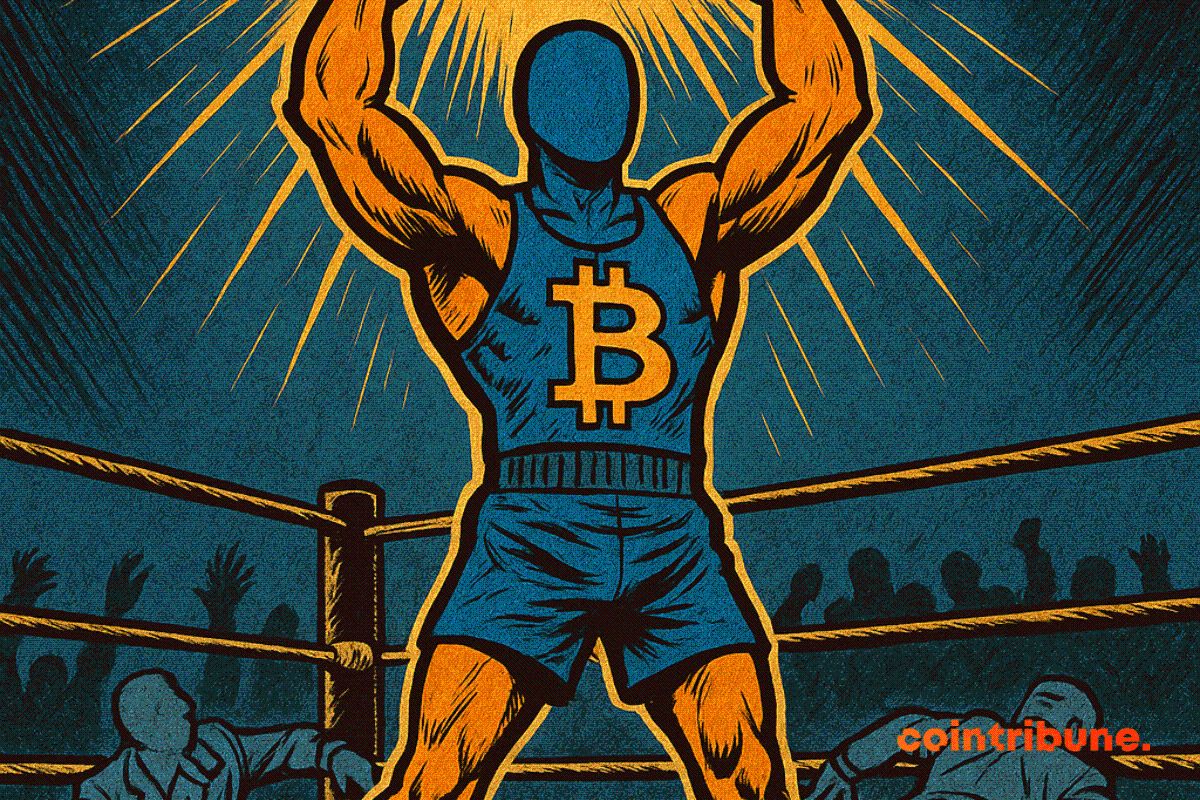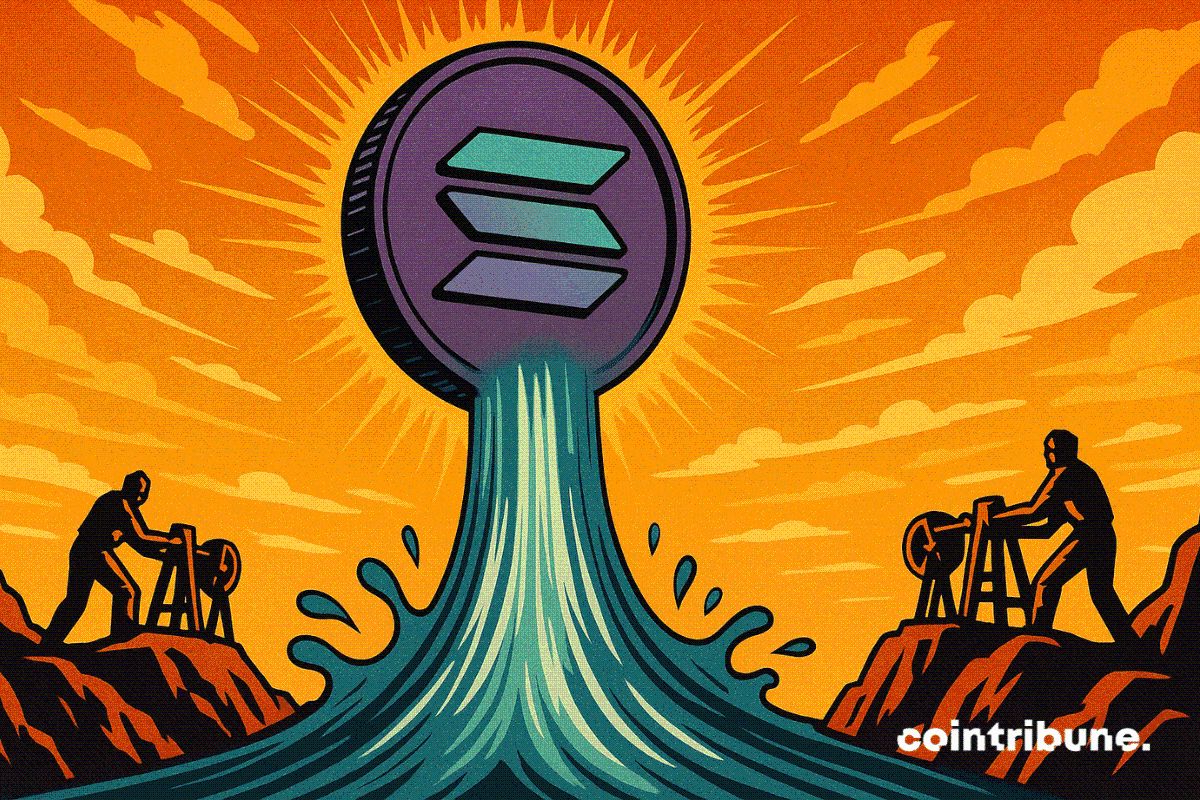Eclipse Foundation set to airdrop 100 million ES tokens to early users
Quick Take Eclipse is airdropping 100 million ES tokens to early users, with eligibility determined by onchain activity, social presence, and community engagement. Beyond the airdrop, major ES token allocations include 35% for ecosystem growth, 31% for early backers, and 19% for contributors under long-term lockups.

Eclipse Foundation, the team behind the Eclipse Layer 2 blockchain, which touts itself as “Solana on Ethereum” by combining Solana’s speed with Ethereum’s security, has launched its native ES token and will airdrop it to early users.
A total of 1 billion ES tokens have been minted. Of that, 10% — or 100 million tokens — will be distributed via airdrop, an Eclipse Foundation spokesperson told The Block. Another 5% is allocated to "liquidity" to support trading on exchanges. The remaining supply is split among ecosystem plus development (35%), contributors including current and future team members (19%), and early supporters and investors (31%).
Airdrop eligibility is based on three main factors: onchain activity in the Turbo Tap game, social presence on X (formerly Twitter) measured via Kaito analytics, and Discord engagement, the spokesperson said. The Turbo Tap game awarded users “grass” points for stress-testing the network, although the spokesperson said there is no 1:1 conversion from points to tokens.
The airdrop begins on Wednesday and will be distributed over the next 30 days. However, the snapshot and breakdown of how allocations were determined will be published afterward, the spokesperson said, adding that the delay is intended to prevent users from gaming the system.
The ES token has been deployed on the Eclipse, Ethereum, and Solana mainnets.
“The $ES token serves multiple core purposes,” said the foundation. “It acts as a gas token for the Eclipse chain via Eclipse’s native paymaster mechanism. $ES will also enable decentralized governance whereas token holders would be able to participate in decision-making processes that directly impact the future of Eclipse, such as protocol upgrades.”
Eclipse token allocation beyond the airdrop and liquidity
The 35% allocated to ecosystem and development will be directed toward current and future contributors working on research and development, as well as broader ecosystem initiatives. It also includes reserves for infrastructure and operations to support long-term protocol growth and what the foundation calls the “Eclipse Economy” — a vision for a developer- and user-driven economic system with global reach beyond crypto.
The 19% allocated to contributors will be distributed to current and future team members involved in building and scaling Eclipse. These tokens are subject to a four-year vesting period and a three-year lockup, according to the foundation.
Last month, Eclipse Labs said team members would be excluded from the ES airdrop to prevent insider allocation manipulation. Since contributors have a separate allocation, team members will still receive tokens, just not through the airdrop. “The team allocation is standard based on vesting schedules. It is part of employee compensation packages,” the spokesperson said. “No employee tokens are unlocked.”
The 31% allocated to early supporters and investors covers those who provided funding for Eclipse’s development. These tokens are subject to a three-year lockup. Eclipse has raised $65 million in funding to date from investors including Placeholder Capital, Hack VC, Polychain Capital, Delphi Digital and Tribe Capital.
Founded in 2022, Eclipse launched its public mainnet in November 2024. It positions itself as the first Solana Virtual Machine (SVM)-based Layer 2 built on Ethereum, combining Solana’s parallel execution with Ethereum’s security and liquidity. The setup allows developers to build Solana-style applications that interact with the Ethereum ecosystem. As of today, Eclipse’s total value locked (TVL) stands at around $30 million, according to DeFiLlama .
Last year, Eclipse’s former CEO, Neel Somani, stepped down following allegations of sexual misconduct, which he has denied. Vijay Chetty, previously chief growth officer, took over as CEO.
Disclaimer: The content of this article solely reflects the author's opinion and does not represent the platform in any capacity. This article is not intended to serve as a reference for making investment decisions.
You may also like
Crypto cards have no future
Having neither the life of a bank card nor the problems of one.

MiCA regulation poorly applied within the EU, ESMA ready to take back control

$674M Into Solana ETF Despite Market Downturn

